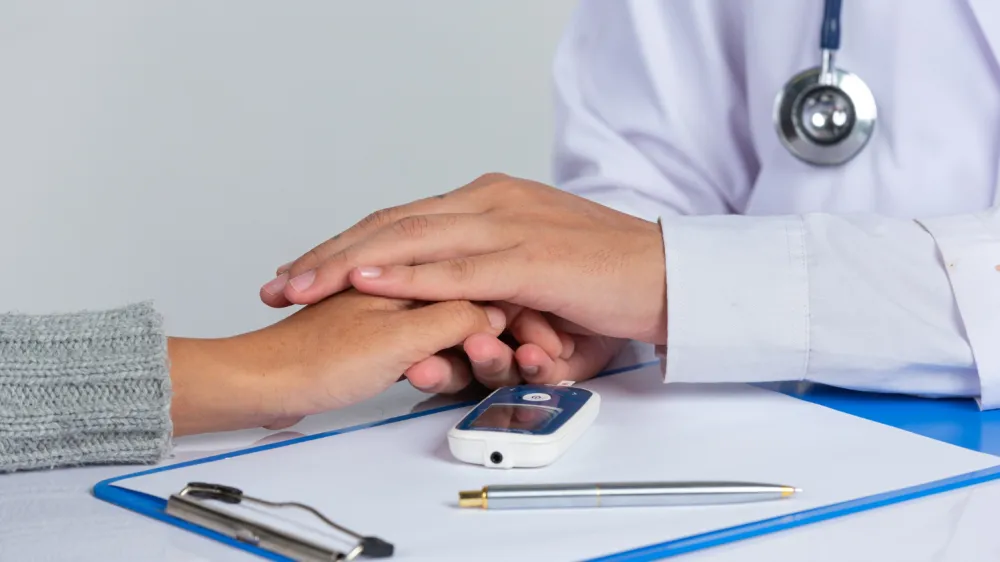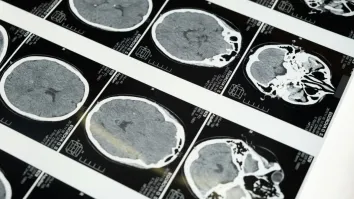
Drug approvals boost Japanese migraine treatment online
Some players have been highly active in digital channels of various countries.
Although digital activity in Japan’s migraine treatment landscape has not been prominent in the country until recently, it is expected to evolve with recent drug approvals, according to a report from GlobalData.
The market size of migraine in Japan is estimated to grow at a compound annual growth rate of 7.97% from $165m in 2021 to $365m in 2029. The landscape is growing with the recent approval of calcitonin gene-related peptide (CGRP) inhibitors as a preventative treatment.
Under the acute treatment market, triptans are the most prescribed drugs and account for most of the sales. However, they have all lost patent protection and are highly genericized across all the major markets. In the preventative market, the most prescribed drugs are beta-blockers while CGRP inhibitors represent the novel class.
Some players in the market have been highly active across digital channels of various countries to promote themselves and offer support to patients and healthcare providers, noted GlobalData’s pharma analyst Venkat Kartheek Vale.
Thus, successful implementation of this strategy in Japan will help companies position their products strongly against each other, Vale said.
However, a lack of diagnostic tools for identifying migraines has been a challenge for physicians to make an accurate and fast diagnosis, showing a need for greater awareness of the indication by healthcare providers to follow an effective treatment approach.
Still, the migraine treatment market is expected to rise with the launch of recent anti-CGRPs and few other novel molecules in the late-stage pipeline, Vale said.



















 Advertise
Advertise






